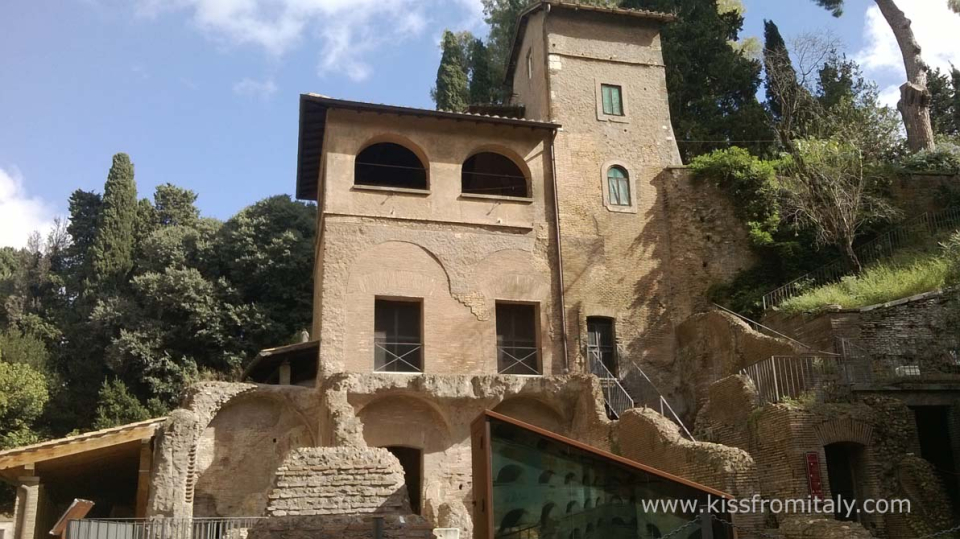
Paolo Sorrentino gives us Rome - drunk on her own beauty, and nostalgic for what could have been
Paolo Sorrentino’s film La Grande Bellezza follows the impeccably-suited Jep Gambardella, played by Toni Servillo. The self-proclaimed King of the High Life, Jep glides through the stunning backdrop of a rich socialite’s Rome, spectator to night after night of extravagent parties and trivial performance art, always a tumbler glass in hand.
He shows us a Rome that is inaccessible to all but an obscenely lucky few; a Rome of rooftop terraces, exclusive soirées, and inner courtyards. This is a Rome so exclusive that we even pass a surreal night with a mysterious man who happens to have a case of secret keys to the old palaces of Nobility, all seemingly abandoned if still immaculately dusted.
It’s easy see why Jep considers the best people in Rome to be the tourists, who collapse of Stendhal Syndrome from exposure to so much beauty in a single panorama. They haven’t been in Rome long enough to be bored. They don't have the indecent luxury of laying in a hammock, disregarding a spectacular view of the Colosseum.
These rooftops, private clubs, courtyards and late-night strolls in the streets show a rome that is conspicuously hushed and sparsely-populated. It’s lonely at the top for Jep, and his reign as King of the High Life leaves him feeling empty as he faces old age. Jep’s one novel, both celebrated as a modern Italian masterpiece, and ridiculed as a pretentious, frivolous book (Jep tends to agree with the later reading), haunts him throughout the film. It is the embodiment of a life of unfulfilled potential and squandered talent.
Jep’s search for answers leads him to the Church, another ever-present force that coexists, often obscenely, with the opulence and decadence of Rome. Unfortunately, the priests in Rome are just as occupied with the pleasures of life as everyone else. Whether they are ordering bottles of Cristal champagne at luxurious restaurants, or reciting detailed recipes in place of sermons, it's clear that they offer no answers to a soul seeking answers. It takes a visiting Nun, in a way a tourist herself, to speak a few simple truths that lead Jep to find something of an answer, even if it is only the acceptance that life, like art, is "just a trick."
The Great Beauty, which has already won the Golden Globe and the British Academy Film Award for Best Foreign Film, is now nominated for Best Foreign Language Film at the Academy Awards this Sunday.
Italy has won more Oscars for Best Foreign Language Film than any other single country (read our post about Italy's Impressive History at the Oscars for the full list). Many of the same themes as Sorrentino's La Grande Bellezza can be found in the work of another Oscar-winning Italian Director. Federico Fellini's La Dolce Vita, also set in Rome, takes on the same disillusioned upper class during a different era. Seen in the context of its predecessors, it's clear that The Great Beauty is the next generation of visually stunning Italian films that take on the beauty and squalor of human nature. Sorrentino stands on the shoulders of directors like Rossellini and Fellini to continue the long cinematic tradition of diving into the always-preserved and ever-changing Eternal City.
Italy, as they saying goes, is a country of contradictions. Maybe this is what makes her artists uniquely-positioned to take on the ultimate questions of human nature and all of the beauty and ugliness that we live every day.




